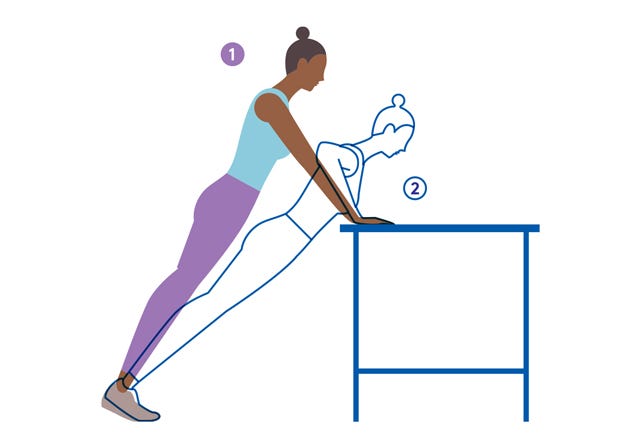Good Grief: Overcoming loss
Overcoming grief is a deeply personal journey, and there’s no one-size-fits-all approach. I like to say everyones heavy is heavy. It is how we react to it that shows who we are. However, there are strategies that can help you navigate this difficult experience. Here’s a guide on how to cope with grief while allowing yourself to heal:
1. Acknowledge and Accept Your Feelings
- Grief is a natural response to loss and can manifest as sadness, anger, guilt, or even numbness.
- Allow yourself to feel without judgment, recognizing that every emotion is valid.
2. Lean on Your Support System
- Talk with trusted family members or friends who are willing to listen.
- Join a support group to connect with others experiencing similar losses.
- Don’t hesitate to reach out to a counselor or therapist if needed.
3. Take Care of Your Body and Mind
- Maintain basic self-care: eat well, hydrate, and rest even when it feels difficult.
- Engage in gentle physical activity like walking, yoga, or stretching.
- Practice mindfulness or journaling to process thoughts.
4. Allow Time, But Set Small Goals
- Healing takes time, but setting small daily tasks (like cooking a meal or calling a friend) can help build momentum.
- Grieving doesn’t mean you stop living—it’s about learning to live alongside your grief.
5. Express Your Grief
- Write letters to the person you lost or create art that represents your feelings.
- Rituals like planting a tree or lighting a candle can offer emotional release.
- Share stories or memories of your loved one when you feel ready.
6. Avoid Numbing or Suppressing Your Emotions
- Avoid turning to substances or distractions as a way to suppress pain, as it may delay healing.
- Embrace healthy distractions in moderation, like watching movies or reading books.
7. Understand That Grief Is Not Linear
- There will be ups and downs. Some days will be harder than others, even after months or years.
- Be kind to yourself—there is no set timeline for recovery.
8. Find Meaning and Connection
- Some people find comfort in spirituality, religion, or meditation.
- Others find healing in causes or projects connected to their loss, like raising awareness or volunteering.
9. Celebrate Small Moments of Joy Without Guilt
- Finding joy doesn’t mean you’re forgetting or betraying your loss—it’s part of moving forward.
- Let yourself feel happiness when it comes, and don’t feel guilty about it.
10. Consider Professional Help if Needed
- If grief feels overwhelming or persistent (for example, complicated grief), speaking to a therapist can be essential.
- Grief counseling can provide tools to manage emotions and develop coping strategies.
Grief is unique to each person and loss, and there is no “right” way to grieve. Healing doesn’t mean forgetting—it means learning to carry the memory with love, while building a life that honors both your loss and your strength. It doesn’t exclusively mean the loss of someone but can be the loss of moments and things special to you. Please reach out if you need help. We are always here.




